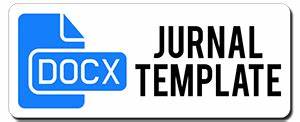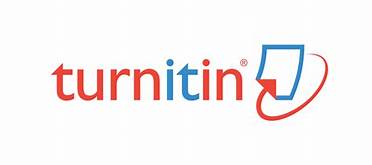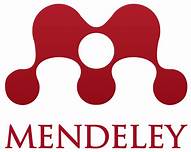Efektivitas Manajemen Sekolah Dalam Mengimplementasikan Diversifikasi Kurikulum (Studi Kasus Di SMP Negeri 2 Kota Sibolga)
Abstract
The purpose of the study was to determine the effectiveness of school management in implementing curriculum diversification (a case study at MSP N 2 Sibolga). This research was conducted at SMP Negeri 2 Jalan JL. Oswald Siahaan No. 35, Sibolga ILIR, Kec. North Sibolga, City of Sibolga Prov. North Sumatra. With observation data collection techniques, interview documentation. Data analysis used is data reduction, data presentation and conclusions. The result of the research is that the curriculum is ideally implemented life-oriented, at the level of basic abilities for development purposes such as reading, writing, and critical thinking. Furthermore, a curriculum that is oriented to the lives and experiences of its students can be used as an alternative curriculum that adapts to regional conditions and the environment around the school. All teachers of SMP Negeri 2 Sibolga are given the freedom in compiling the syllabus even though there are syllabus provisions from the education office. The preparation of this syllabus is not centered on the education service but a modified syllabus, meaning that the syllabus is adapted to the character of the students. In the implementation of the school management program, the strategies applied to achieve the implementation of learning include: program socialization, problem solving, quality improvement, and monitoring and evaluation of the implementation of school programs. The teaching and learning process (PBM) or interactions that occur between teachers and students at SMP Negeri 2 Sibolga are very accurate, this is because the teaching process is harmonious. Evaluation of the curriculum in implementing learning that needs to be assessed starts from the aspects of the objectives to be achieved, both curriculum objectives, learning objectives and student learning objectives. Each value evaluation is based on what abilities to be developed, while each ability contains elements of knowledge, skills and attitudes and values. Determination of the assessed aspects refers to the success criteria that have been determined in the curriculum.
Keywords
Full Text:
PDFReferences
Amini, Naimi, Sarhan. (2019). Implementasi Kurikulum AL-Islam dan Kemuhammadiyahan Dalam Meningkatkan Sikap Religiusitas Mahasiswa di Universitas Muhammadiyah Sumatera Utara, IMTIQAD : Jurnal Pendidikan Agama Islam, Vol 11 No 2, 2 Desember 2019
Andang. (2019). Managemen dan Kepemimpinan Kepala Sekolah. Yogyakarta: Ar-ruz media
Baderiah. (2018). Pengembangan Kurikulum. Palopo: lembaga penerbit kampus IAIN palopo
Dardiri, Ahmad. (2011). Diversifikasi Kompetensi Lulusan Pendidikan Dan Latihan Vokasi Untuk Lebih Kompetitif. Teknologi dan Kejuruan Vol 34, No. 1.
Febriana, Riana. 2019. Evaluasi Pembelajaran Jakarta: Bumi Aksara
Kemendikbud. (2021). Inspirasi Pembelajaran yang memuat literasi pada pelajaran IPA, Prakarya, PPKN, IPS dan Lintas Mata Pelajaran untuk jenjang Sekolah Menengah Pertama. Jakarta : Kementrian Pendidikan dan Kebudayaan, Riset dan Teknologi Direktoral Jenderal Pendidikan Anak Usia Dini, Pendidikan Dasar dan Menengah.
Prasetia, I., Sulasmi, E., Susana. (2022). Pengaruh Program Gerakan Literasi dan Sarana Perpustakaan Terhadap Budaya Literasi di Sekolah Dasar. Jurnal Manajemen Pendidikan Dasar, Menengah dan Tinggi (JMP-DMT), Vol 3 No 1, Hal 21-27.
Prasetia, I. (2023). Metodologi Penelitian : Pendekatan Teori dan Praktik. Medan : UMSU Press.
Toruan., Akrim, & Prasetia, I. (2022). The Implementation of National Curriculum 2013 and International Baccalaureate (Study at Sampoerna Academy Medan). Randwick International of Social Science Journal, 3(1), 2022, Pp 46-52
DOI: https://doi.org/10.30596/jmp-dmt.v4i2.14808
Refbacks
- There are currently no refbacks.







